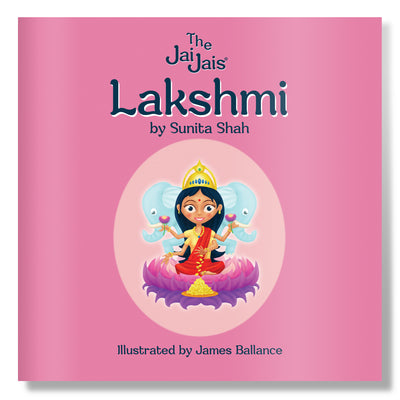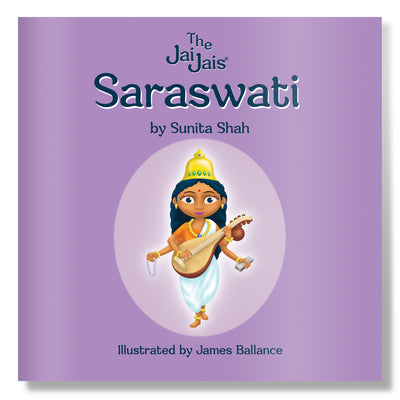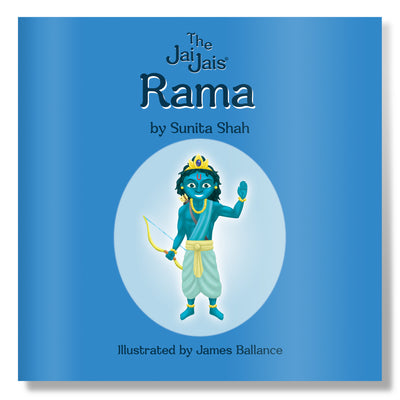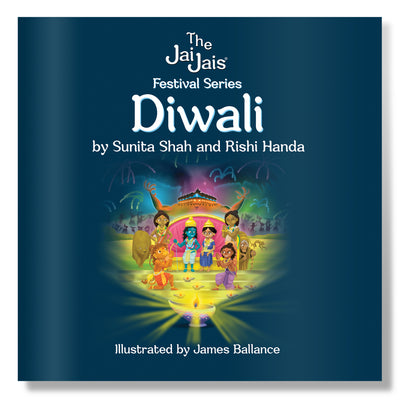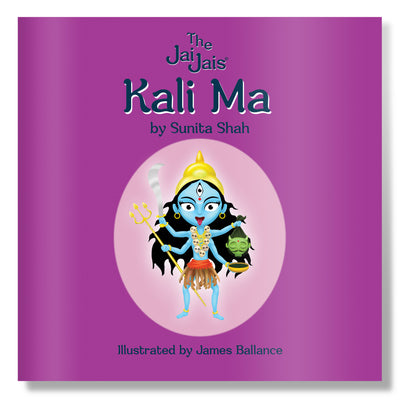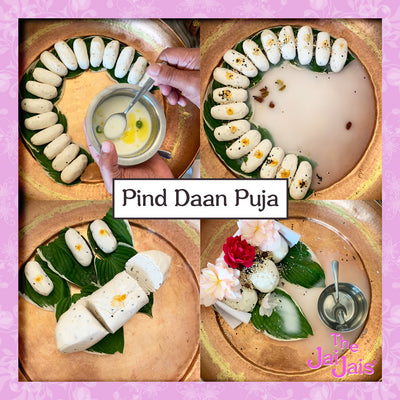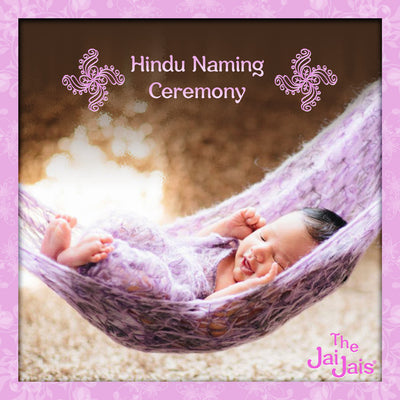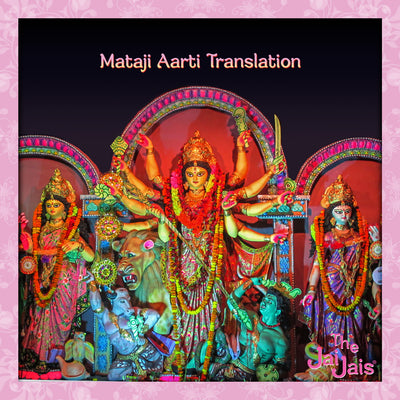LOHRI
Lohri is celebrated on the 13th January each year. The Punjabi festival of Lohri marks the end of winter and is traditionally associated with harvest of the Rabi crop. All the farmers get together in order to thank god for giving them such a wonderful harvest. The day after Lohri is “Maghi” the Punjabi farmers financial New Year.
The rituals related to Lohri symbolise the attachment of the people with Mother Nature. The period between January 13 and July 14 is considered prosperous by Hindus. According to the Bhagawad Gita, Krishna manifests himself 'in his full magnificence' during this time. It has been also told that Holika and Lohri were sisters. While the former perished in the Holi fire, the latter survived with Prahlad, the story of Holi.
How is Lohri celebrated?
On the morning of Lohri, kids go from door-to-door singing and asking for money, sweets and peanuts. They sing in praise of Dulha Bhatti, a Robin Hood-type character who stole from the rich to help the poor. The bonfires made in the evening symbolises Agni, the Hindu god of fire. Its worshippers sing, chant and throw food, such as popcorn and rice, into the flames. The offerings are made to thank the gods, and ask them to bless this year's coming harvest.
It is a tradition to eat Gajjak, Sarson da saag and makki di roti, and kheer is made for dessert. Sweets made from til (sesame seeds) and rorhi are traditionally consumed on this day. Friends and relatives gather around the fire and perform Gidda and Bhangra to the beat of Dhol, the drums of Punjab. Lohri holds special importance when there is a special occasion in the family like marriage or childbirth. Punjabi ladies sing, “Sunder mundriye ho!”.
Like all Indian festivals, Lohri also has some legend attached to it. The folklore--Sunder Mundriye--is actually the tale of a man called Dulla Bhatti, who is said to have lived in Punjab during the reign of Mughal Emperor. As per the Punjab’s cultural history Dulla Bhatti was like the olden days Robin Hood, he stole from the rich and gave to the poor, people loved and respected him. He rescued
girls from their abductors and adopted them as his daughters and then finally got her married. He went on to arrange their marriages to boys of the village, and provided them with dowries (from the stolen money). Amongst these girls were Sundri and Mundri, who have now come to be associated with Punjab's folklore, Sunder Mundriye. He was later captured by Mughal king for revolting against the kingdom and was finally laid to death.

